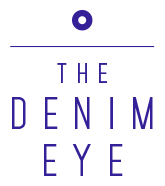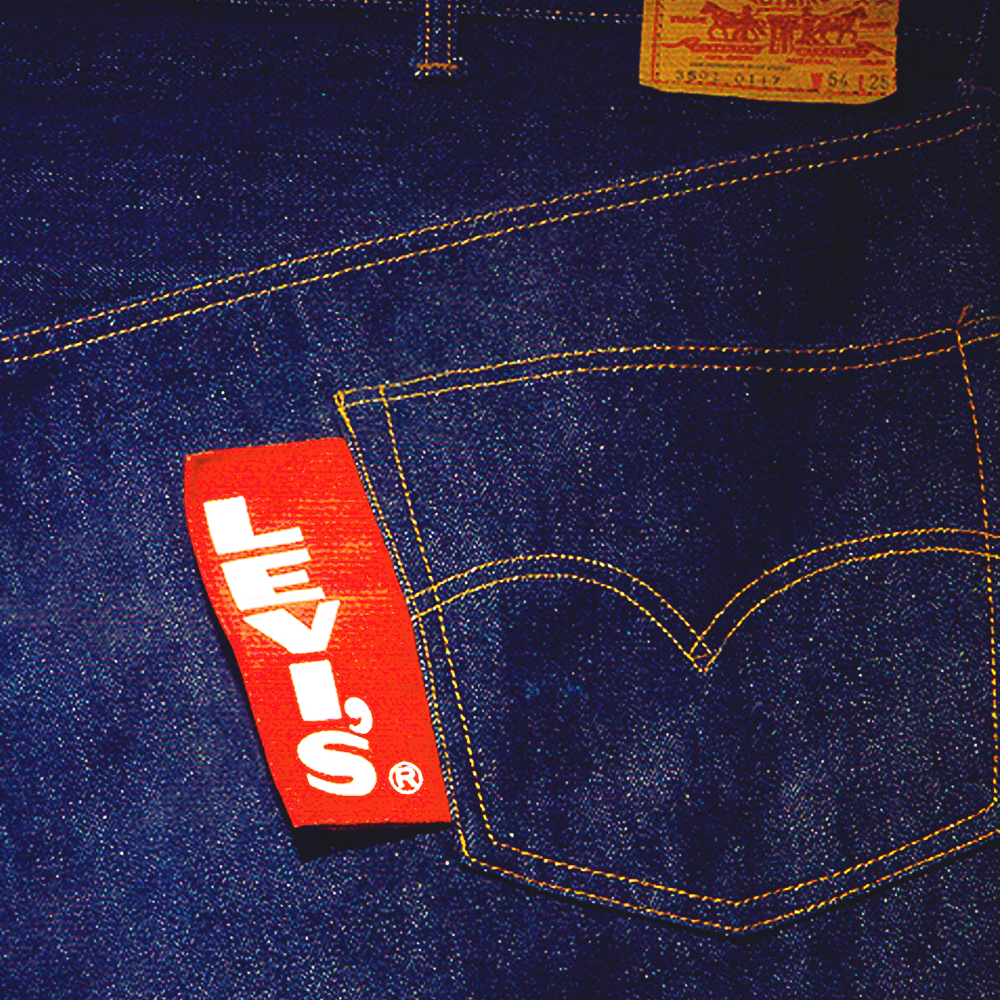PATAGONIA is a household name in the USA for their iconic fleeces and hoodies. All made from recycled plastic bottles. Their denims are no less sustainable using organic cotton, recycled cotton and innovative dye process that use less water. They also use fair trade cottons. Theirs is a story worthy of accolade as, from the outset they have been a brand that incorporated sustainable manufacture and materials into all their processes. WE wear Patagonia with a clear conscience.
NUDIE jeans from Sweden are also a brand that are sustainable and very green. Using only 100% organic cotton They realised very early that to use ordinary cotton they would be perpetuating the global use of artificial pesticides and precious irrigation waters so they make jeans in a fair and ethical way without compromising the look and quality of the product. They also employ safe and ethical working conditions.
As well as organic cotton Nudie uses recycled fibres such as wool and Polyester “Repreve”.
One of their latest finishes is DRY DENIM. It’s quite simple - the jeans are not washed with water to remove the starch. Either you wear them in and over time the jean will mould to your shape and wear areas or you buy them “dry tumbled” which is tumbled with rubber balls to remove the starch and make them more flexible from the outset.
LINDEX Sweden is a relatively young brand that has made its mission to become one of the greenest jeans brands keeping people and environment uppermost in mind during production. Working with Jeanologia they operate the Environmental Impact measuring system (EMI) software which helps producers control water energy and chemical consumption. Whilst they have not yet embraced the Jeanologia lazer garmenting finish process the EMI software has helped them tweak their formulations to achieve the best reductions in water and chemical consumption without loss of aesthetic or quality.
This EMI rating software operates alongside their use of sustainable denim - recycled cotton denim from RECOVER- a post consumer cotton recycling brand using upcycled regenerated cotton from old scraps and old clothing; BCI cotton denim.
MUDD JEANS pride them selves as being one of the Worlds greenest brands. Their aim is to create a pair of jeans with 100% recycled denim through the garnetting process.
Their jeans finishing is with ozone and lazer with no harmful potassium permanganate to lighten the shade and no hand brushing or sanding. Water is almost entirely eliminated in the process.
As well as recycled post consumer cotton they use other recycled materials and fibres. The labels are printed not made of leather. The buttons are made from recycled cotton. No polythene bags are used in packing and hangtags are made from brown paper. Their brand “Re-pack” is a re-usable packaging rewarding the recipient for every order.
Mudd’s ethos is “cradle to cradle “ jeans where waste becomes a source of new material.
Lastly but by no means least we have the iconic Levi.
Levi are pioneering practices to reduce the use of energy, water, harmful chemicals and they are partnering with others in the jeans industry to help achieve what is a real difference. Their target for total clean jeans is 2020.
By 2020 it is their mission to use 100% sustainable cotton to significantly reduce their water footprint.
In addition they are using innovative “Water>Less” finishing techniques which saves up to 96% of the water normally used in the jeans finish process. It is the company belief that if the apparel industry used “Water>Less” innovations 50 billion litres of water could be saved by 2020. It is the company goal to have 80% of their jeans produced with this “Water>Less” technique by 2020. That is quite some undertaking.
Hazardous chemicals are also a big problem for the jeans industry. Levi was one of the first jeans companies to establish a Restricted Substances list. Starting in 2014 they created a foundation to eliminate harmful substances from all their suppliers production processes as well as their own. They are committed to achieving a zero discharge of hazardous chemicals by 2020.
Of course Levi also sets the bar high for using post consumer recycled waste - cotton,plastic bottles and more. The “Waste>Less” collection of products comprised 20% of post consumer waste. Specifically plastic bottles, which works out to an average of 8 bottles per pair of jeans.
2020 will also see 100% of all employees receiving the Levi Strauss WET Water education training.
“Water>Less” & “Waste>Less are registered trade marks of Levi Strauss & Co.





